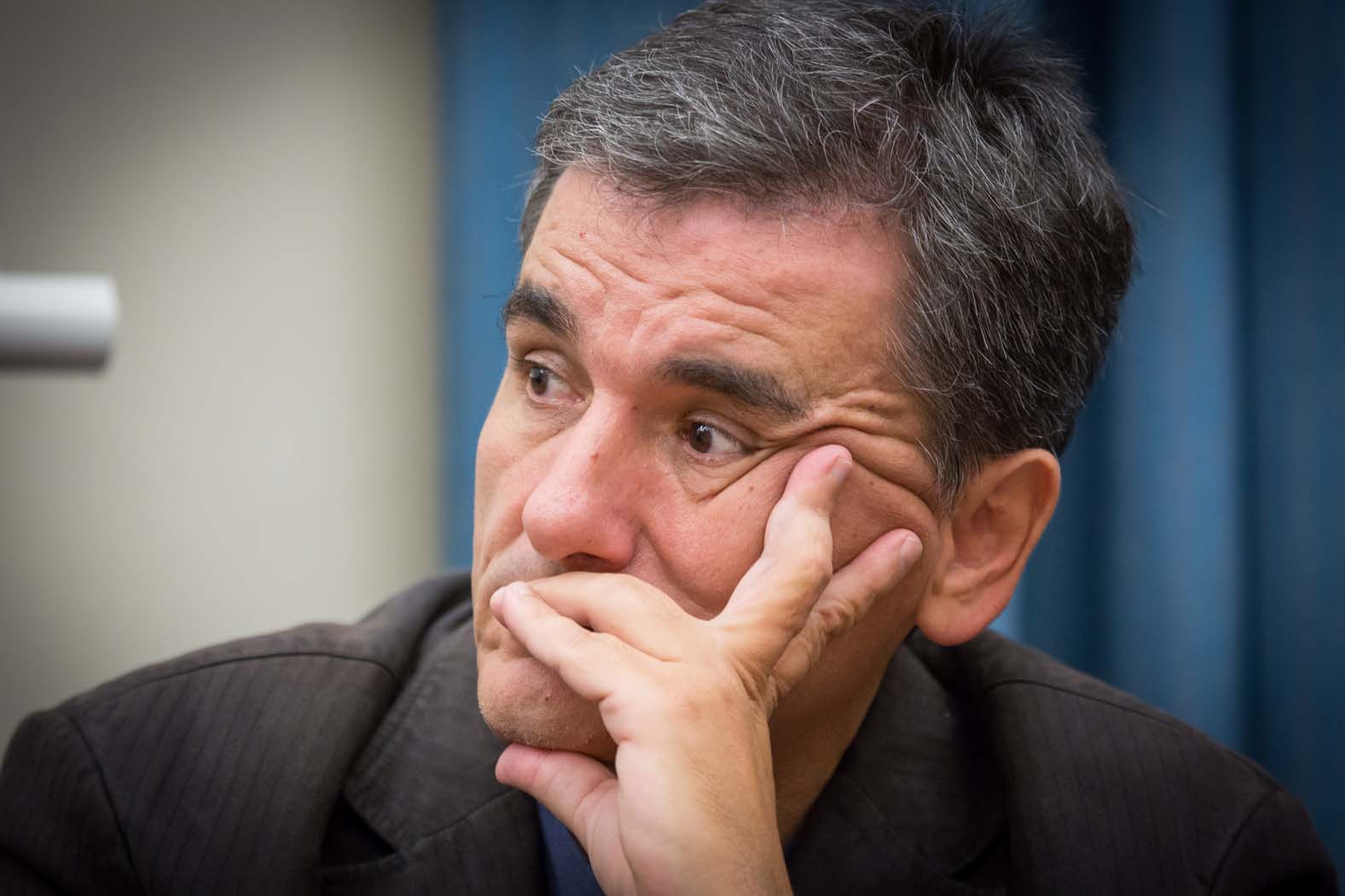By Eric Maurice, Euobserver
The Greek government is to present its 2016 budget on Monday (5 October), the day the Eurogroup will discuss two new sets of reforms needed to unblock €3 billion from the bailout programme.
Eurozone finance ministers “will focus on the implementation” of the programme agreed in August, a Eurozone official said, acknowledging that the 20 September snap elections delayed some measures.
The meeting will be the first since Greek prime minister Alexis Tsipras was re-elected, prolonging the coalition between his leftist Syriza party and the nationalist right-wing Anel party.
The Eurogroup will present Tsakalotos with two sets of reforms, one of them to be voted by 15 October to unblock a €2 billion tranche of aid from the European Stability Mechanism (ESM), the eurozone fund.
A second list to be implemented before mid-November will unblock another €1 billion.
The double list of reforms “is impressive. It is a very long list that contains many sweeping up operations left over from the summer,” the Eurozone official said.
According to Bloomberg, it includes laws on household insolvency and early retirement in the public sector, as well as laws voted on during the summer for which decrees have not yet been published.
The pension reform will not be included in these two sets but in the first review of the programme, which is expected to “start in October but not finish in October,” the official said.
Banks
In the meantime, the government will also have to vote on measures to reform the Greek financial and banking sector in order to receive €10 billion to recapitalise Greek banks.
A total of €15 billion is earmarked for the banks in the bailout programme. “It is a safety net, not what is needed,” the Eurozone official pointed out.
To evaluate the state of the Greek banking sector, weakened by the crisis and capital controls, the European Central Bank is conducting stress tests that should be completed in October.
‘Difficult decisions’
In Athens, Greek prime minister Alexis Tsipras warned his Syriza majority on Saturday that “difficult decisions lie ahead”.
“Greece will fundamentally change in the next four years, ” he told MPs, referring to the new legislature.
He assured them that his “main goal is to exit as soon as possible the supervision and regain access to the foreign markets” and added that he wanted “to quickly wrap up the first review, so that the indispensable discussion on the restructuring of the debt can begin”.
Greek debt is expected to reach 196 percent of GDP this year.
Tsipras and Tsakalotos will present a budget on Monday that will reflect these “difficult decisions”.
“The main targets of the draft budget will not differ from the estimates in the bailout,” a finance ministry official was quoted as saying by Reuters.
While the economy is expected to contract by 2.3 percent this year and 0.5 percent in 2016, the government will stick to the target of a 0.25 percent primary budget deficit this year and 0.5 percent in 2015.
The primary budget is the budget before debts have to be repaid.
The presentation of the budget will be followed this week by a vote of confidence in Alexis Tsipras’ new government on Wednesday.
Tsipras, who called a snap election after a split in Syriza over the bailout programme, has a majority of 155 out of 300 MPs.









